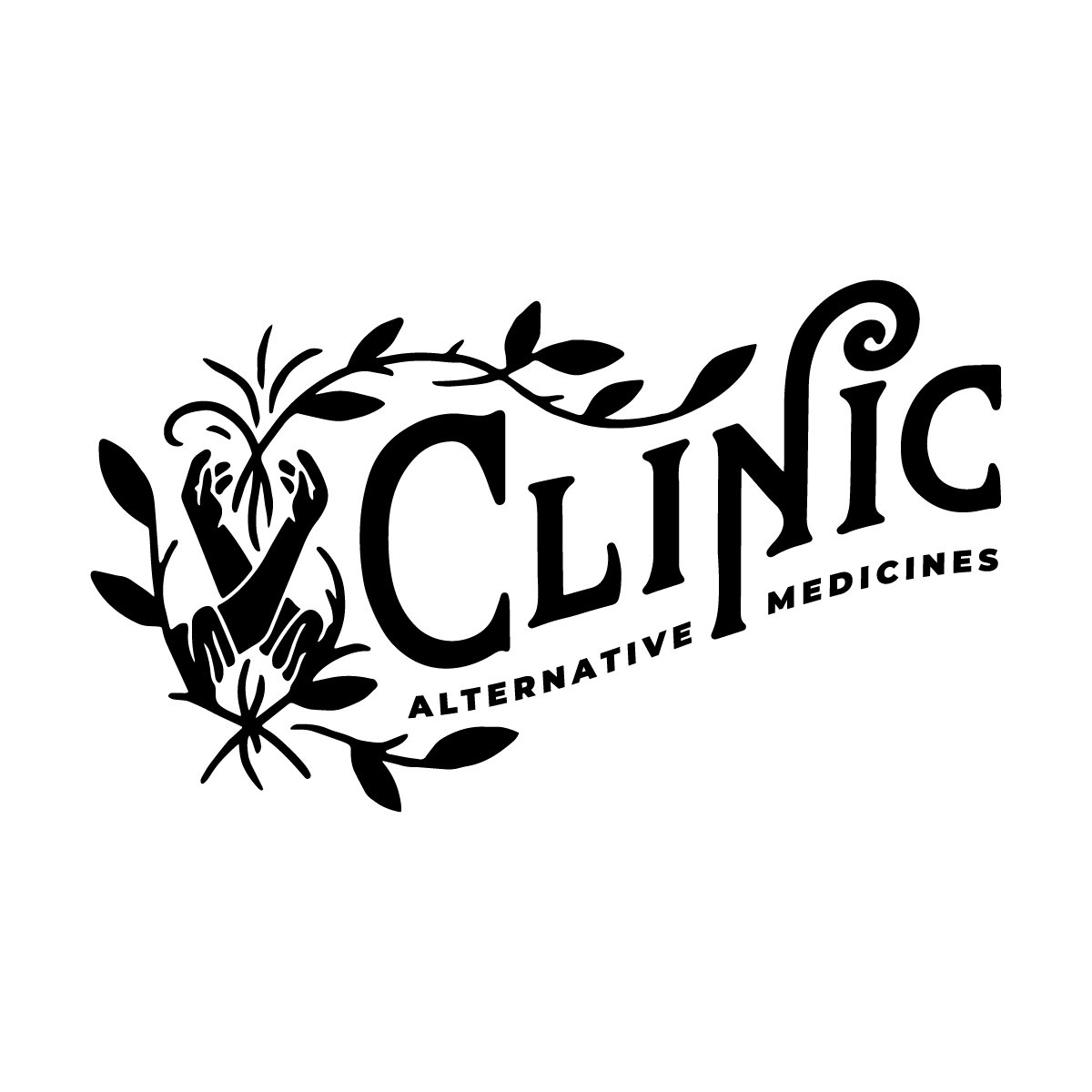Embracing Qigong: Nurturing the Nervous System for Healing and Growth
By Lynne Nicole Smith from Qigong Infused Yoga™
In the fast-paced and demanding modern world, our nervous systems often bear the brunt of stress and anxiety. In our search for holistic healing, Qigong, an ancient Chinese practice, emerges as a beacon of hope. Rooted in traditional medicine, Qigong offers profound benefits for physical, mental, and emotional well-being. Unveiling the core of Qigong, its close ties to T'ai Chi, and its remarkable influence on the nervous system, this article illuminates Qigong as a powerful practice that we can always use on our own to access our HEALER WITHIN.
Qigong offers a simple yet powerful approach for individuals on a healing journey, providing accessible exercises that support and maximize our health and can be easily practiced at home. It effectively addresses chronic pain, enhances joint flexibility, improves energy and circulation, and strengthens the immune and respiratory systems. One of its standout benefits is its swift activation of the body's relaxation response, fostering deep calm and well-being. Moreover, it aids in the management of difficult emotions, making it a valuable asset for holistic health and well-being.
Qigong is a beautiful, graceful and calming practice that has transformed so many people’s lives. Qigong is a beautiful, graceful, and calming practice that has transformed so many people's lives. The practice is a gem, that when discovered, unveils a path to inner peace and holistic well-being.
Qigong: A Glimpse into Its Nature
At its core, Qigong blends gentle movements, mindful breathing, and focused intention to cultivate the flow of Qi, the life force within us. By nurturing this vital energy, practitioners harmonize their entire being—body, mind, and spirit. The term "Qi" signifies the life force, while "Gong" implies dedicated practice and cultivation, aligning with Qigong's purpose of nurturing energy for healing and wellness.
T'ai Chi: A Flowing Form of Qigong
Did you know that T’ai Chi is a form of Qigong? Among the varied Qigong practices, T'ai Chi stands out as a renowned form, often referred to as "moving meditation." Integrating slow, graceful movements and deep, purposeful breathwork, T'ai Chi enables individuals to reconnect with their inner selves. The rhythmic flow alleviates stress, improves balance and also offers profound benefits for the nervous system.
Activating the Parasympathetic Nervous System
Qigong's magic lies in its ability to stimulate the parasympathetic nervous system, the calming counterpart to the "fight or flight" response triggered by stress. As practitioners engage in Qigong, their heart rates lower, cortisol levels reduce, and an overwhelming sense of tranquility envelops them. The parasympathetic activation fosters deep relaxation, rejuvenation, and healing.
Unlocking Healing Potential with "Shaking Like a Tree"
Within the realms of Qigong, "Shaking Like a Tree" emerges as a powerful trauma release technique. Similar to animals in the wild that instinctively shake off stress, this exercise empowers human beings to release trauma-related symptoms and stored emotional energy. By gently shaking the body and visualizing themselves as a tree shedding leaves, practitioners free themselves from emotional burdens, leading to liberation and profound emotional catharsis.
Along with “Shaking Like a Tree”, 'Tapping' or 'Tapping Acupuncture' can further enhance the benefits. Often referred to as acupuncture without the needles, Tapping involves gentle self-tapping on various meridian points of the body. This technique stimulates the body's natural healing abilities by waking up the nerve endings, improving blood circulation, naturally heating the body, pumping lymph fluid, and breaking up muscular tension, among other benefits.
The combination of 'Shaking Like a Tree' and 'Tapping' is a powerful combination of tools to support emotional release and physical well-being within the Qigong practice.
Integrating Qigong into your life to release anxiety
Qigong becomes a valuable addition to releasing trauma-related symptoms and anxiety. By introducing Qigong exercises, mindfulness practices, and more breathing techniques into one’s life, we reconnect with our bodies, release tension, and find inner peace. This empowering holistic approach complements existing therapeutic methods, fostering a deeper healing journey.
In conclusion, Qigong emerges as a powerful path to heal and balance the nervous system. As we explore this ancient wisdom, we unlock our inner healing potential, paving the way for physical, mental, and emotional restoration. The accessibility of these exercises, adaptable for everyone regardless of age or ability, further empowers individuals on their journey to wholeness and well-being.
Qigong becomes a friend and ally we can access any time for the rest of our lives to remain resilient and strong throughout our life.
Curious about the practice? Lynne Nicole Smith is now offering private Qigong sessions and small group classes at CLINIC on Sundays and Mondays.
Lynne Nicole Smith from Qigong Infused Yoga™ has been teaching both Qigong and Yoga for the past two decades. She created the Qigong Infused Yoga DVD/STREAMABLE VIDEO for home practice and leads trainings to people across the world. She also teaches an online class called “Start Your Sunday with Qigong”. Her journey with Qigong led to profound healing of her nervous system, while countless testimonials from her students reinforce the positive impact on chronic pain, anxiety management, and overall well-being. After seeing just how impactful the practice is, she has dedicated her life’s work to sharing the profound benefits with as many people as possible.
You can contact Lynne at lynnenicole@qigonginfusedyoga.com with any questions. You can learn more about Qigong Infused Yoga and her work at www.qigonginfusedyoga.com. She would love to hear from you!


